With social media becoming more prevalent, many access social media and information using cell phones. This easy access is generally a good thing, but it can have negative effects.
I have noticed recently that more news items have “paywalls” – you cannot get to an article without paying someone which can hinder the transmission and dissemination of information and news.
At the JKTG Foundation, we provide free and open access to all materials. In fact, we require all our researchers to do the same; make their work “open source” which means that other researchers and the public get access to the work and the related formulas in the event the project involved models/modeling.
We do this to improve the models and research and to transmit as much information about the work and whether results proved what we thought or not.
I believe strongly that such sharing improves all research. Knowing the wrong answer can be as powerful as knowing the right one. What we do not want is to steer or guide folks to a conclusion that may not be accurate by avoiding full transparency.
We want the “truth” whatever it may be, and such comes from review, analysis, and discussion.
With paywalls, someone or something is limiting access. We all should have unfettered access to things like public health and safety-related items, and I think that mostly we do.
However, when it comes to select items or topics or even a certain perspective, even on public health matters, access is or can be limited by paywalls. Perhaps you’ve noticed, as I have, that select types of articles are limited while others are not.
This raises the questions: are such limitations via the application of paywalls just to get more money or are they limiting the message or information? Do paywalls steer us to select information or conclusions?
Next time you click to read and find yourself faced with a paywall, consider who is deciding why that information is restricted. It’s a question that needs to be answered.
Featured news
Ted’s Take: What is your role in health and health equity?
As we talk and plan for improvements in virtually anything, it’s important that we examine what our role in that process is and should be.
Ted’s Take: Medicare for all – HUH?
Around every national election, the phrase Medicare for All comes up. My reaction is simple: HUH? Here’s why?
JKTG-Funded Research Tackles Possible Way to Stop Spread of Breast Cancer
New JKTG Foundation-funded research identifies potential new immune system target to head off the spread of breast cancer cells. The work is from the Johns Hopkins Giovanis Institute and appears in the journal Oncogene.

Jayne Koskinas Ted Giovanis
Foundation for Health and Policy
PO Box 130
Highland, Maryland 20777
Media contact: 202.548.0133


